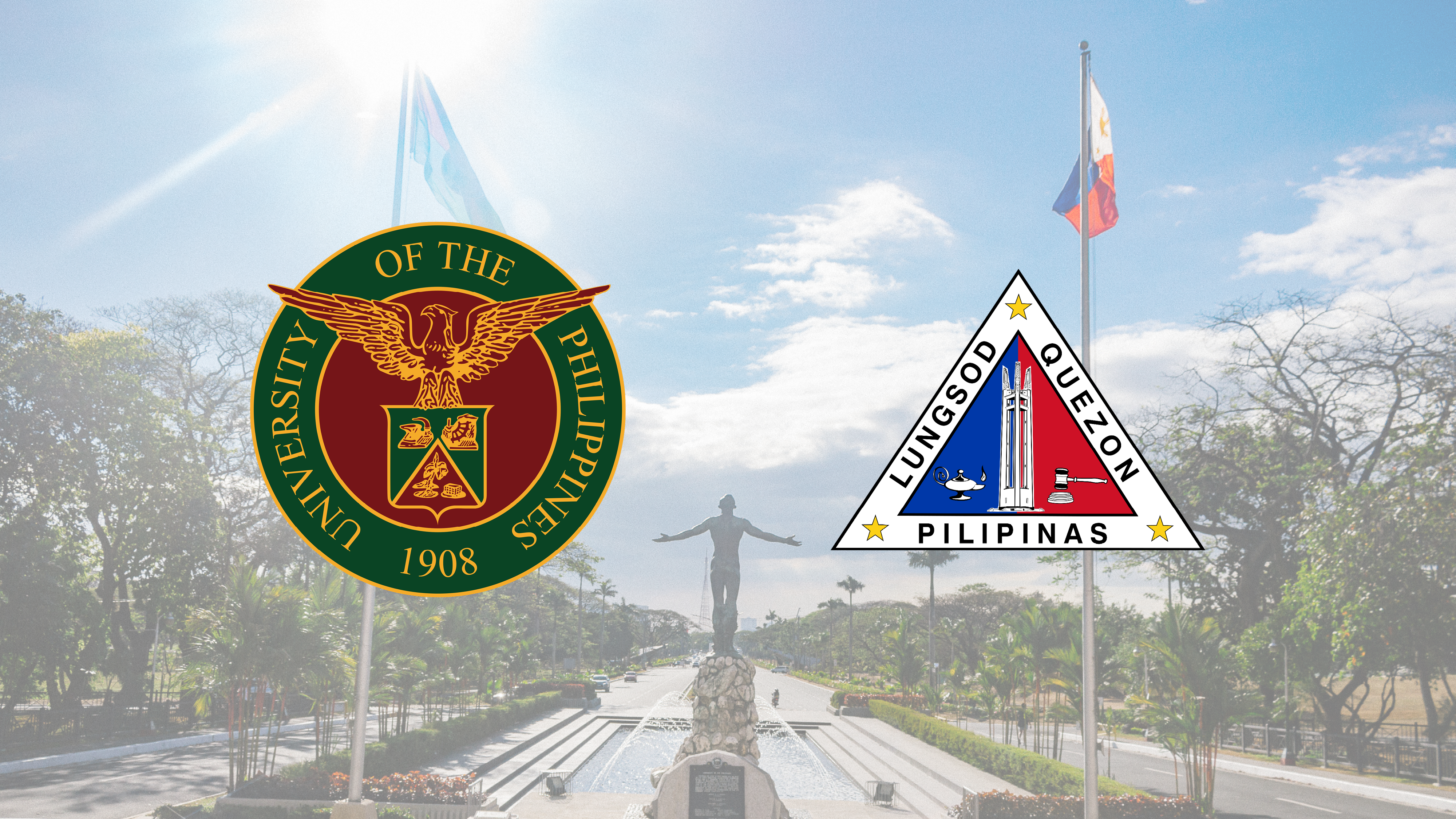The UP Pandemic Response Team (UP-PRT) has teamed up with the Quezon City (QC) local government, together with Unexus Medical Solutions, to ramp up the local government unit’s (LGU) pandemic response and data handling.
As of October 12, a total of 172,812 COVID-19 cases have been recorded by the city since the pandemic began. Among these cases, 6,508 remain active while 1,462 have led to deaths.
The city has so far administered a total of 3,309,849 vaccine doses with 1,547,477 individuals being fully vaccinated, an Oct. 10 report shows. According to the LGU, this makes up 91% of their target to vaccinate at least 1.7 million individuals.
Meanwhile, the QC Epidemiology and Disease Surveillance Unit (CESU) continues to monitor and validate cases through community-based testing. There are currently 440,851 suspected cases of COVID-19 upon contact tracing.
UP Pandemic Response Team
In 2016, the UP Board of Regents established the UP Resilience Institute (UPRI) to serve as a “hub” for vital information regarding the country’s efforts in climate change and disaster response. They established the UP-PRT at the onset of the pandemic early last year.
The team currently has 13 projects under their wing, including a website for database, mapping, and dashboard developments for COVID-19 statistics. The website also offers pandemic forecasts, projections, and scenario building.
“It’s more than what others provide,” UPRI Executive Director Dr. Mahar Lagmay said. “Whenever we crunch numbers and do these nowcasts and forecasts, it gets delivered to the [National Task Force Against COVID-19] as an independent research of what’s happening sa ating mga COVID-19 efforts.”
Statisticians, mathematicians, and epidemiologists have come together to interpret and analyze datasets on COVID cases. According to Lagmay, the UP-PRT is always willing to extend its services to LGUs upon their request.
Resiliency efforts
On October 2, the QC government announced its collaboration with the UP-PRT to strengthen the city’s pandemic response. QC Mayor Joy Belmonte said that the city welcomed all the help it can get in facing pandemic woes.
“We thank the UP Pandemic Response Team for offering its assistance to the city government to boost our response and resiliency efforts,” she said.
According to Lagmay, the UP-PRT will be assisting the LGU in handling its datasets to maximize their use and not waste their potential.
“Sa tingin namin, isa sa mga pinakamalaking kulang ay yung taking advantage of the digital infrastructure,” he said.
Lagmay shares that UP-PRT would like to help in streamlining contact tracing forms that residents fill up manually in different institutions. He hopes that the city’s QR code system will be fully utilized to serve its purpose more efficiently.
“We noticed that sometimes the data, hindi pumapasok kasi very reliant tayo sa paperwork,” he added.
In a press release from the QC LGU, Dr. Rolly Cruz of the CESU said that data gathered from QC’s end-to-end system will inform the city’s decisions on granular lockdowns and other government policies. The UP-PRT offered its assistance in “crunching numbers” from this system. He adds that these datasets are anonymized to follow data privacy laws.
“Gusto lang natin is to maximize the information that is derived from that and hopefully mag improve,” Lagmay said. “‘Yun naman ang goal nating lahat eh, to improve the capabilities of the local government units.”
The UP-PRT also aims to create hotspot maps to help the LGU provide targeted assistance to its residents in need.
“With that visual depiction, makikita mo where to conduct interventions, where to increase or place the [limited] resources of the government,” Lagmay said.
As of Oct. 10, QC’s Community Caring Facilities has recorded a 46.22% occupancy rate, while the Quezon City General Hospital is reported at 61% occupied. Meanwhile, 35 areas of concern have been placed under “special concern lockdown” as of Oct. 11.
For Lagmay, a city’s resilience lies in its ability to do its best in the face of adversity. He hopes that small initiatives and the collective effort to “fine-tune whatever’s being done” and “take advantage of the best technologies available” will eventually lead to a more effective pandemic response.
“It’s really a combination of the technologies and the knowledge of the experts coming from the University,” he said.
Cruz added that the city hopes to serve as a model for other LGUs in the country to boost their pandemic response. DZUP

